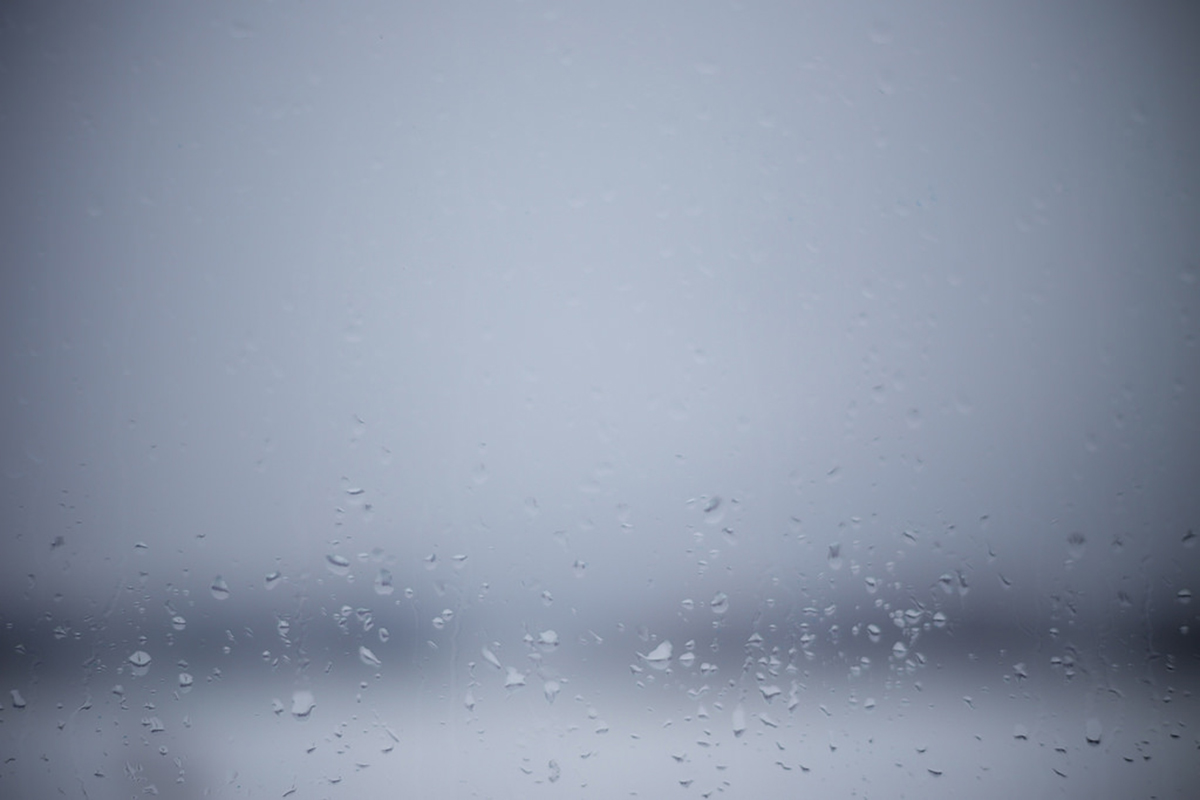Table of Contents
On the other hand, while we may be the most happy and laid back when the sun is shining, too much heat can actually… well, make us boil! The possible existence of a link between sprouts of violence and high temperatures has been studied for a number of years now. Last year, researchers from the University of Berkeley (California, USA) published what has been dubbed as a remarkably strong paper by specialists.

For instances, the frequency of inter-group conflicts, like riots or civil wars, rises by 14%! And yes, global warming may even trigger a massive increase in violent behavior because of this association – which leaves us all understandably apprehensive.
Is temperate climate the best for our mood?
So, if meteorological extremes have such a negative impact on people, it should follow that mild weather and temperate climate are precisely what’s best for a good mood and jolly behavior. Studies on this particular question are not particularly abundant. A group of researchers from the University of Munich analyzed a set of 67 countries and attempted to correlate the differences in self-reported levels of happiness with the differences between those countries’ climates.
Research on the effects of weather on our mood is diverse and the conclusions of the above research are equally varied – sometimes even conflicting. Most of us agree that good weather is generally uplifting and energizing. Others, however, hold a personal preference for rainy days and cold mornings. Or, on the opposite side of the spectrum, many people are much happier in the hot climate and never-ending sunshine. Despite natural variations, a solid amount of studies have demonstrated reasonably stable correlations between certain meteorological variables and human functioning and/or behavior.
See Also: Neuromediator Serotonin Is Linked To Major Neurological Disorders, Depression And Suicidal Behaviour
Some people may prefer hot and sunny climates, while others may enjoy colder and more temperate regions. It's also important to consider factors like personal and cultural preferences, family and social connections, and career opportunities when determining the ideal climate for one's mood and lifestyle.
Perhaps by conceiving a study on a larger time scale, with a larger number of participants and better defined criteria for measuring the mood and happiness, the influence of weather on the behavior of individual subjects could be examined more effectively. In the meantime we can all follow our intuition and embark on a holiday in sunshine when the rains back home become too depressing. It seems that our intuitive perception of weather correlates quite well with our psychological and physiological parameters.
- KÕLVES, K., KÕLVE, K. E. & LEO, D. D. 2013. Natural disasters and suicidal behaviours: A systematic literature review. Journal of Affective Disorders, 146, 1-14
- KELLER, M. C., FREDRICKSON, B. L., YBARRA, O., CÔTÉ, S., JOHNSON, K., MIKELS, J., CONWAY, A. & WAGER, T. 2005. A Warm Heart and a Clear Head: The Contingent Effects of Weather on Mood and Cognition. Psychological Science, 16, 724-731.
- Mindmap by steadyhealth.com
- Photo courtesy of Robert S. Donovan by Flickr : www.flickr.com/photos/booleansplit/13168384024
- www.mi.uni-hamburg.de/fileadmin/fnu-files/publication/working-papers/FNU20.pdf
- www.the-scientist.com/?articles.view/articleNo/36822/title/Climate-Change-and-Violence/
- healthland.time.com/2012/10/31/how-disasters-bring-out-our-kindness/
- www.climateinstitute.org.au/articles/publications/a-climate-of-suffering-the-real-costs-of-living-with-inaction-on-climate-change.html
- oregonstate.edu/ua/ncs/archives/2013/aug/winter-depression-not-common-many-think-osu-research-shows


Your thoughts on this